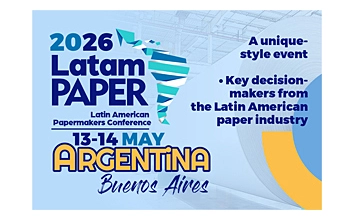UPM is calling on the European Union to place the bioeconomy at the heart of its industrial and climate strategies, ahead of the upcoming revision of the EU Bioeconomy Strategy.
In a newly released position paper, UPM outlines four key areas where the EU must act to unlock the bioeconomy's full potential for innovation, sustainability, and competitiveness.
The Finnish company, known for its investments in renewable materials and decarbonization technologies, argues that a strong, forward-looking strategy can revitalize European industry, support climate neutrality, and drive regional job creation. UPM has invested heavily in biorefining, with a €1.3 billion biorefinery in Germany soon to launch, positioning itself at the forefront of industrial-scale renewable materials.
To accelerate the transition away from fossil-based resources, UPM recommends that the EU:
-
Stimulate Demand: Introduce quotas and incentives for bio-based products, and integrate their recognition into EU legislation such as the Ecodesign for Sustainable Products Regulation and the Packaging and Packaging Waste Regulation.
-
Scale Innovation: Increase EU investment in pilot and commercial-scale bio-based plants, and align funding across EU programs to support industrial deployment.
-
Secure Biomass Supply: Promote access to diverse, sustainably sourced biomass without adding land pressure, and build on existing voluntary certification schemes.
-
Boost Global Competitiveness: Align the bioeconomy strategy with trade and energy policy, reduce regulatory fragmentation, and support international market access for EU-made bio-based solutions.
UPM stresses that without market signals and policy certainty, Europe risks falling behind in the global race to scale low-carbon industrial technologies. With growing demand for sustainable materials, UPM sees the bioeconomy as a linchpin for achieving climate goals and maintaining industrial sovereignty.
UPM is a Finnish company providing renewable and responsible solutions across six business areas: UPM Fibres, UPM Energy, UPM Raflatac, UPM Specialty Papers, UPM Communication Papers, and UPM Plywood. The company is committed to sustainable development and employs more than 16,600 people globally, with an annual revenue of approximately €10.5 billion.























































